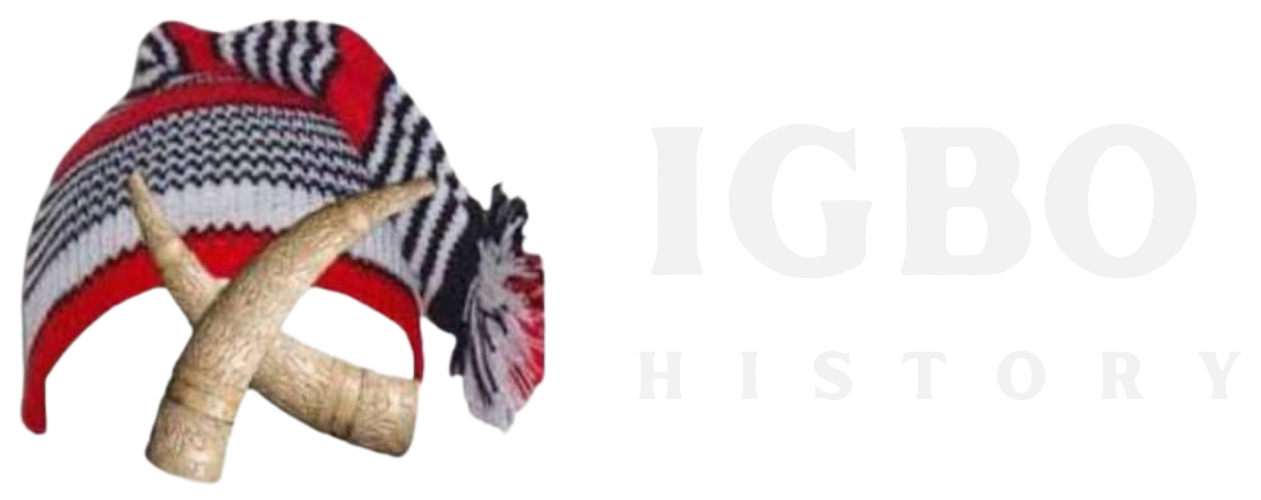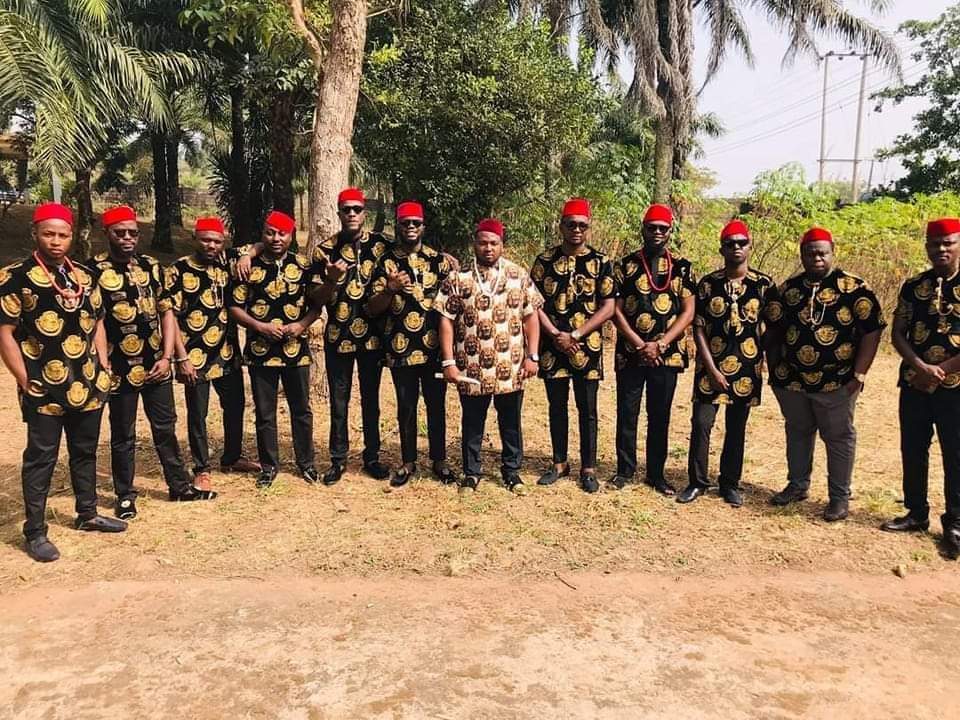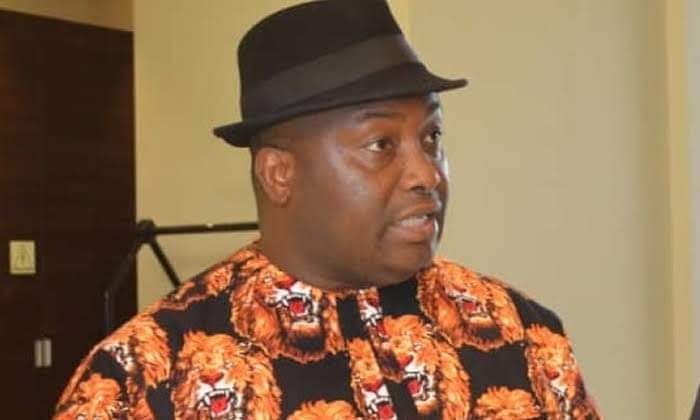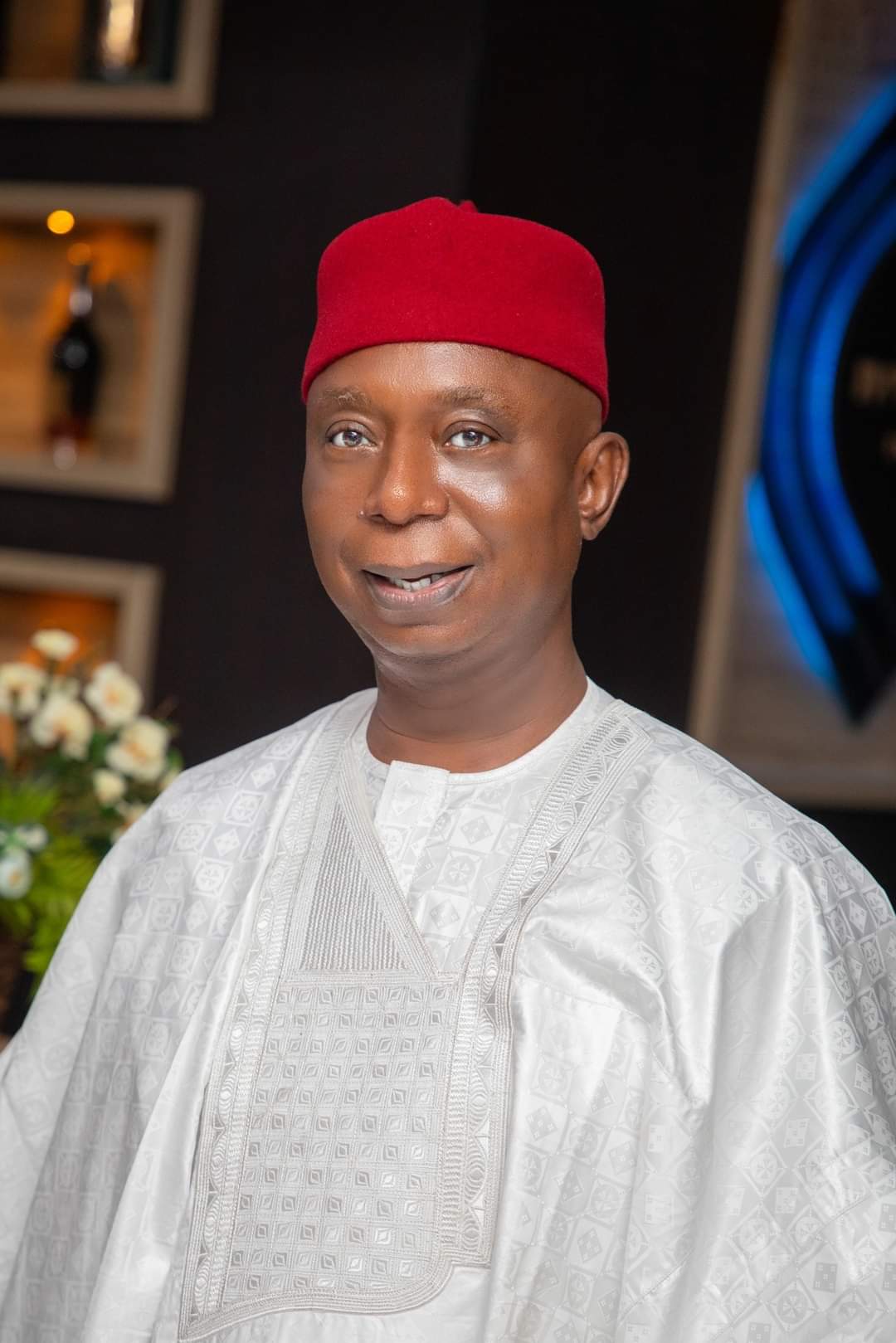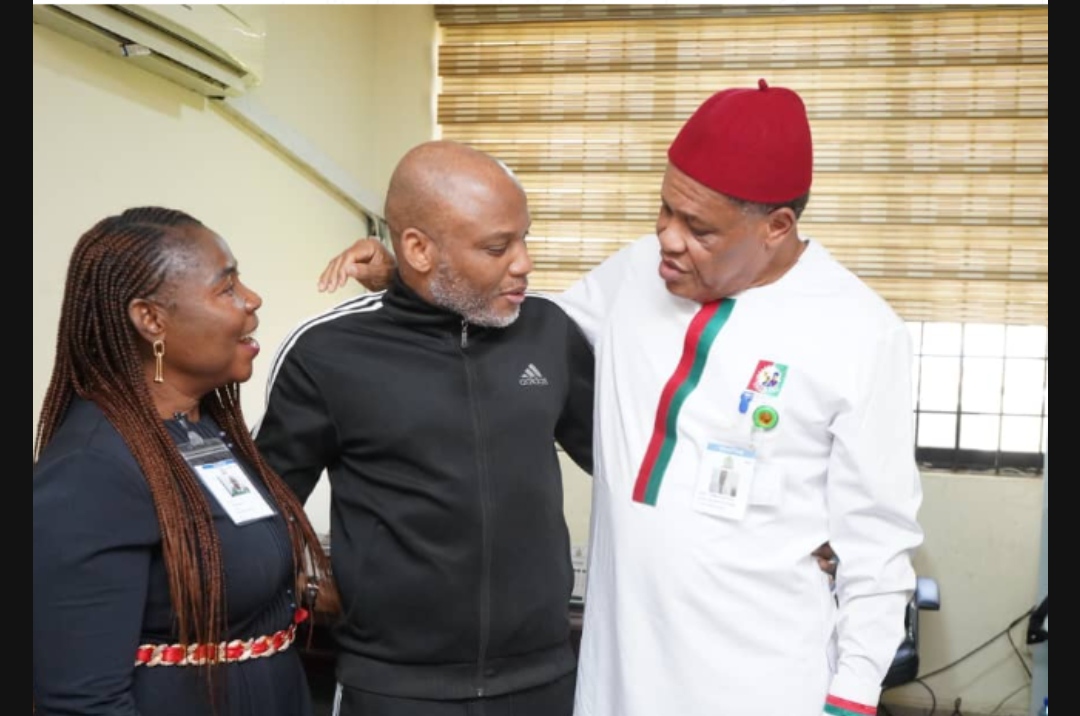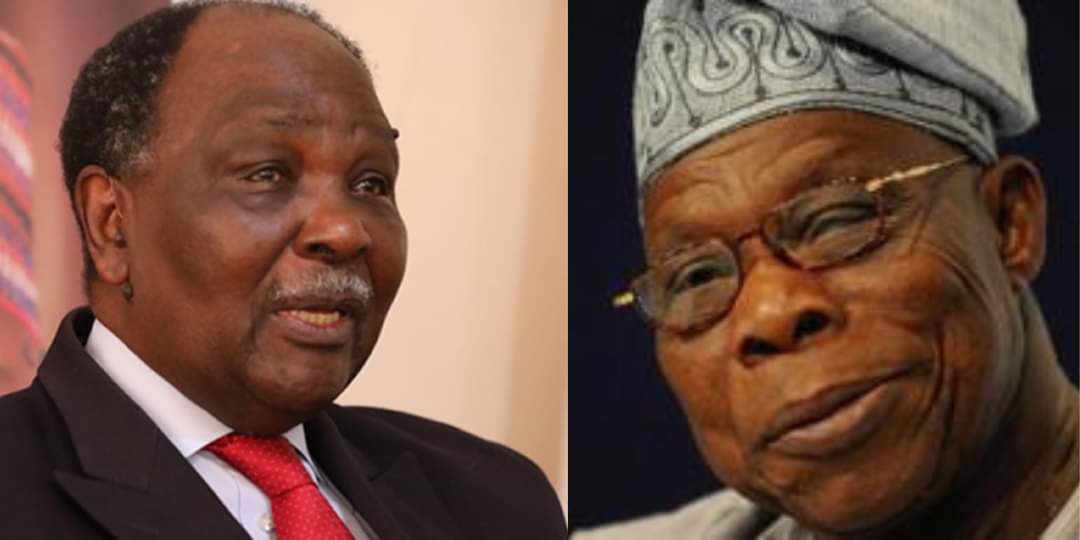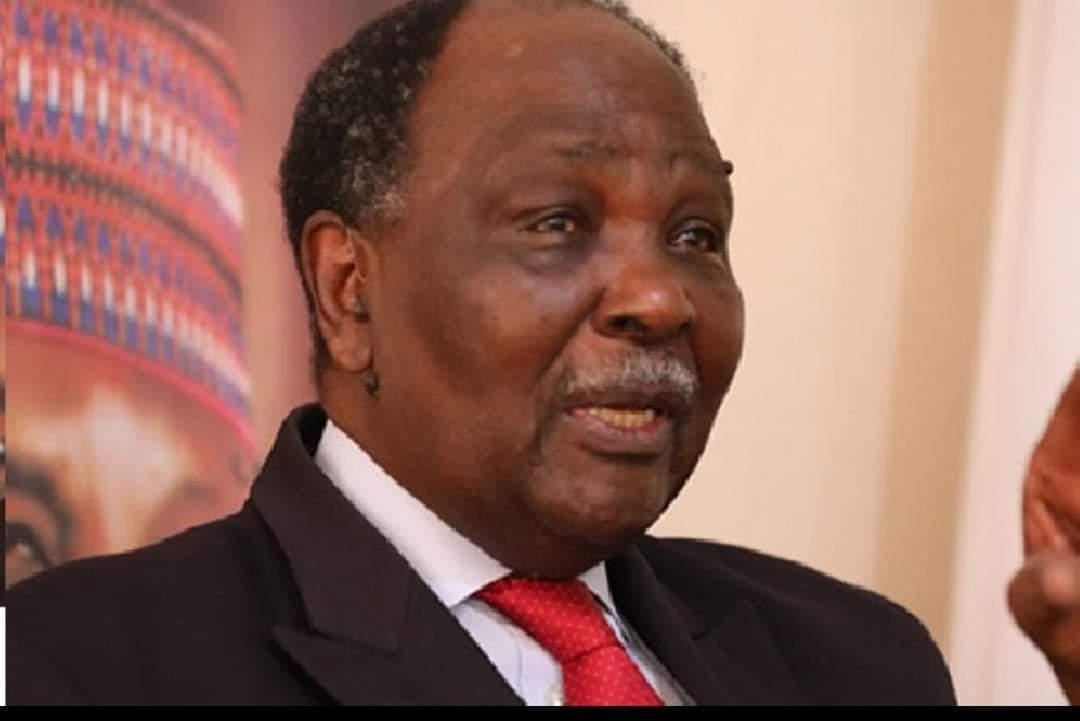By Azuka Onwuka
The question of the ethnic identity of the Igbo-speaking people of Delta State continues to be a topic of debate. Some Igbo-speaking people in Delta and Edo states assert their Igbo heritage, tracing their roots to migrations from other regions, such as Edo, Kogi, and Ondo states. Others claim descent from non-Igbo groups like the Benin or Igala, distancing themselves from their Igbo identity.
Interestingly, many non-Igbos tend to support the argument that the Igbo-speaking people of Delta State are not Igbo, often citing the idea that ethnic groups should have the freedom to self-identify. However, these same individuals insist on the Igbo identity of notable figures such as Chukwuma Kaduna Nzeogwu, leader of the 1966 coup, whenever his ethnicity comes into question.
On the other hand, many Igbo people, particularly from the South-East, maintain that the Igbo-speaking people of Delta, Rivers, and Edo states are indeed Igbo. They argue that state creation, the Nigerian Civil War, and the River Niger politically separated these communities from the South-East.
The concept of border communities absorbing influences from neighbours is not unique to the Igbo-speaking people of Delta and Edo states. Similar dynamics can be seen across Nigeria, such as the Yoruba-Ijaw mix in Ondo State and the Igala-Igbo connections along the Anambra-Kogi boundary. For example, in 2018, Anambra State Governor Willie Obiano appointed Bonaventure Enemali, an Igala man from Nzam, as a commissioner in his administration. These historical and cultural exchanges are common along borders, yet the case of Igbo-speaking Deltans appears to receive disproportionate attention.
The dominance of Igbo language, traditions, and practices in these regions raises questions. The presence of Igbo market days (Eke, Orie, Afo, Nkwo) and leadership structures like the ‘obi’ or ‘diokpa’ suggest a deep-rooted Igbo influence. Historical figures like Eze Chime (Chima), often cited as the progenitor of some Anioma communities, further complicate the narrative. The possibility that Eze Chime, traditionally believed to be a Benin prince, may have been of Igbo origin points to the complexity of ethnic identities in this region.
The fluidity of ethnic boundaries, migration patterns, and cultural exchanges should not obscure the fact that Igbo language and traditions have remained remarkably intact in Delta and Edo states. It is unlikely that late arrivals from Benin or Igala could have fundamentally reshaped these areas’ linguistic and cultural identities without conquest.
While anyone should have the freedom to choose their identity, it is important to acknowledge the role of historical events, such as the Nigerian Civil War, in shaping how people perceive and assert their ethnicity. For instance, actress Stella Damasus from Delta State revealed that her family’s surname was originally “Ojukwu” but was changed to avoid persecution during the war.
In conclusion, while there are legitimate reasons for individuals or groups to assert different ethnic identities, the strong presence of Igbo culture, language, and traditions in Rivers, Delta and Edo states points to a predominantly Igbo heritage. Historical migration and cultural exchanges do not necessarily erase an indigenous identity but can coexist, creating a rich tapestry of shared influences. Nonetheless, the debate will likely continue, shaped by personal, political, and historical perspectives.
By Azuka Onwuka
